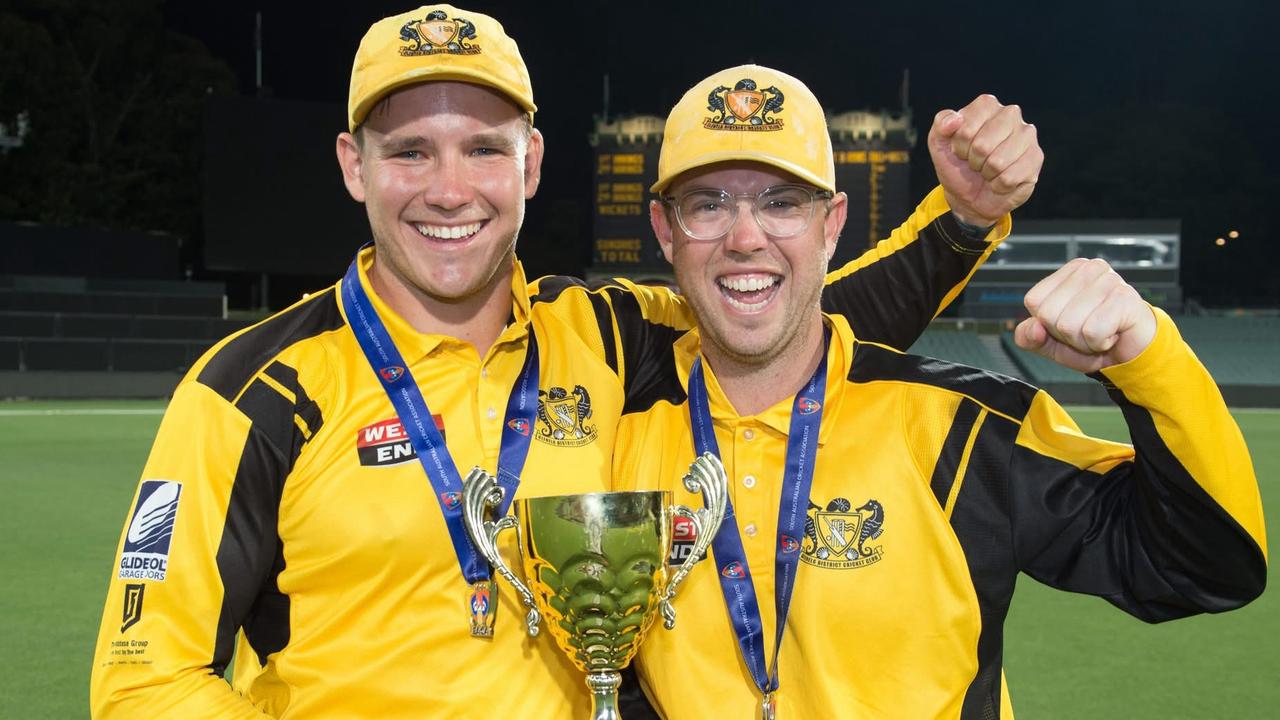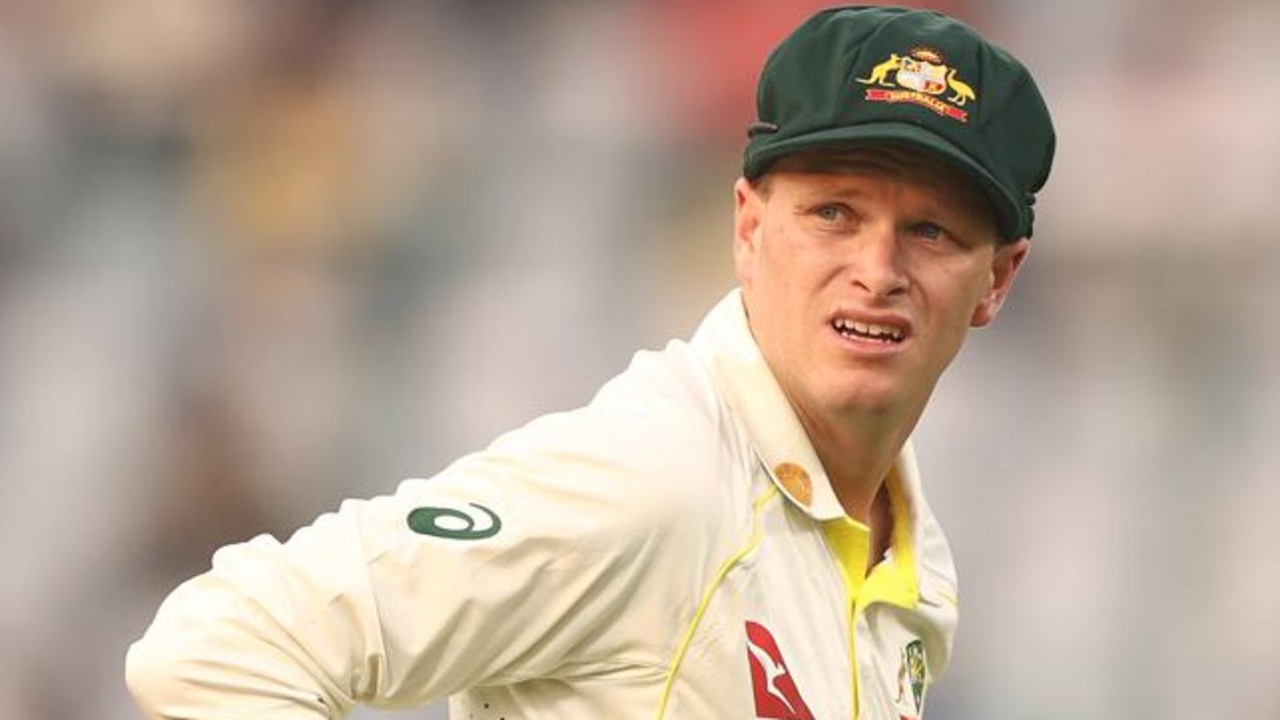Ian Chappell column: too many decision-makers a real problem for Michael Clarke
I don’t believe the current system allows you to captain Australia properly because there are too many people to tell to get stuffed, writes Ian Chappell.
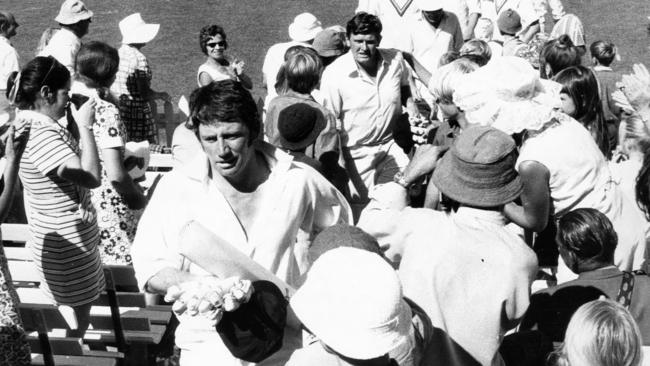
Opinion
Don't miss out on the headlines from Opinion. Followed categories will be added to My News.
I’M sometimes asked, “How would I like to captain Australia nowadays?”
Whether that means swapping places with the injury prone Michael Clarke or one of the potential future captains in Steve Smith or David Warner, my answer is best summed up by my response to the Argus review, which was conducted in 2011.
When asked if I would like to say anything, I finished my reply with, “I don’t believe the current system allows you to captain Australia properly.”
This prompted a harrumph, followed by, “What do you mean?”
RACE TO REPLACE CLARKE IS WIDE OPEN

“There are too many people to tell to get stuffed,” I replied, “at least when I was captain I only had to tell the team manager to butt out when he stuck his nose into the cricket side of the tour. Now there are too many people the captain should tell to get stuffed.”
The Argus recommendations promptly made the captain’s job even more difficult by squeezing in another layer of management and also appointing him a selector, along with the coach.
Only one person can run a cricket team - the captain. If he doesn’t do the job properly then sack him and find someone who can.
Provide selectors who generally pick the best combination and a management team to deal with the administrative duties and then let the captain lead the cricket team. If you’ve appointed the right guy he’ll do a decent job.
If the system has the captain in charge on the field and the coach off it and there’s a Chinese population of people having their two dollars worth, then it won’t work as well as it should.
The captain has to win the respect and trust of his players and that won’t happen if he’s only in charge on the field.
The overriding factor with cricket captaincy is, all the W’s and L’s (wins and losses) go against your name. They aren’t apportioned equally among the players, the coach, the high performance manager or the CEO - the W or the L simply goes on the captain’s record.
That being the case I wouldn’t delegate anything that might affect the winning or losing of the game. I’ll listen to advice from my vice-captain, senior players, or any qualified person who has a solid suggestion but in the end, the final decision is mine.
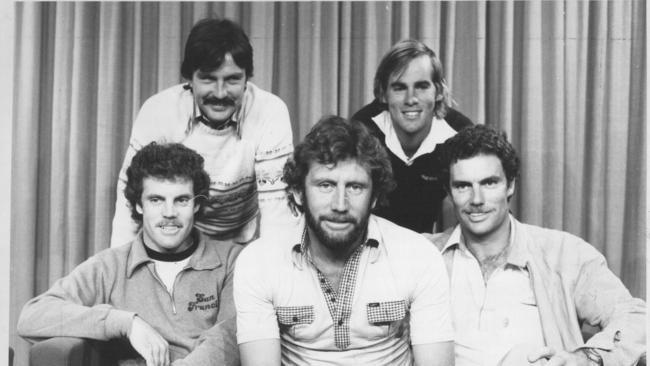
If I make more wrong decisions than right ones I’ll get sacked. I understand that and accept it if I’m able to lead my way but if I’m expected to captain by committee I’d rather reject the job than be in charge when it all turns to horse manure, as it inevitably will.
The Australian system should always employ knowledgeable people who properly prepare young, competitive cricketers who can think for themselves and a few of whom are good leadership material. Then they need a strong first-class competition to act as a finishing school.
Any Australian captain with cricket nous should be able to successfully lead players with those credentials. If the system is working well there should always be three or four players in the Australian team who could take over the reins at short notice.
However if, in addition to my leadership duties, I’m expected to haggle with a coach who wants players to do “homework” or turn up two hours before a game to play tennis ball soccer or catch a frisbee, then I’m expending mental energy on things that aren’t going to help the team win.
There is way too much job justification in the game of cricket and hence my statement “there are too many people to tell to get stuffed.”
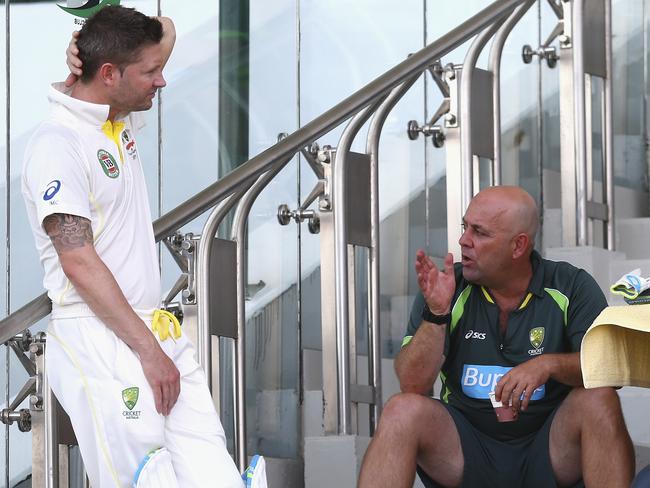
I watch international teams prepare for a game and I see them spending way too much time on being physically, rather than mentally ready. On the morning of a game you need to simply loosen up (in your own way) and then get your mind ready to play.
Sir Donald Bradman made 300 runs in a day of Test cricket, probably eating pies or sausage rolls for lunch and a steak, egg and chips for dinner but boy was his mind attuned to batting. I wouldn’t like to be the captain who had to tell him to play catch a frisbee when all he wanted to do was simply have a hit in the nets in order to be prepared.
A wise old Australian captain once told me; “Ian, this is a simple game. The simpler you keep it the better off you’ll be.”
Richie Benaud has since proffered quite a bit of advice and all of it has been helpful. However, that was the only unsolicited bit and it still remains the most important piece of cricketing advice I received.
Would I like the Australian captain’s job? No thanks, it’s way too complicated these days.
Originally published as Ian Chappell column: too many decision-makers a real problem for Michael Clarke

